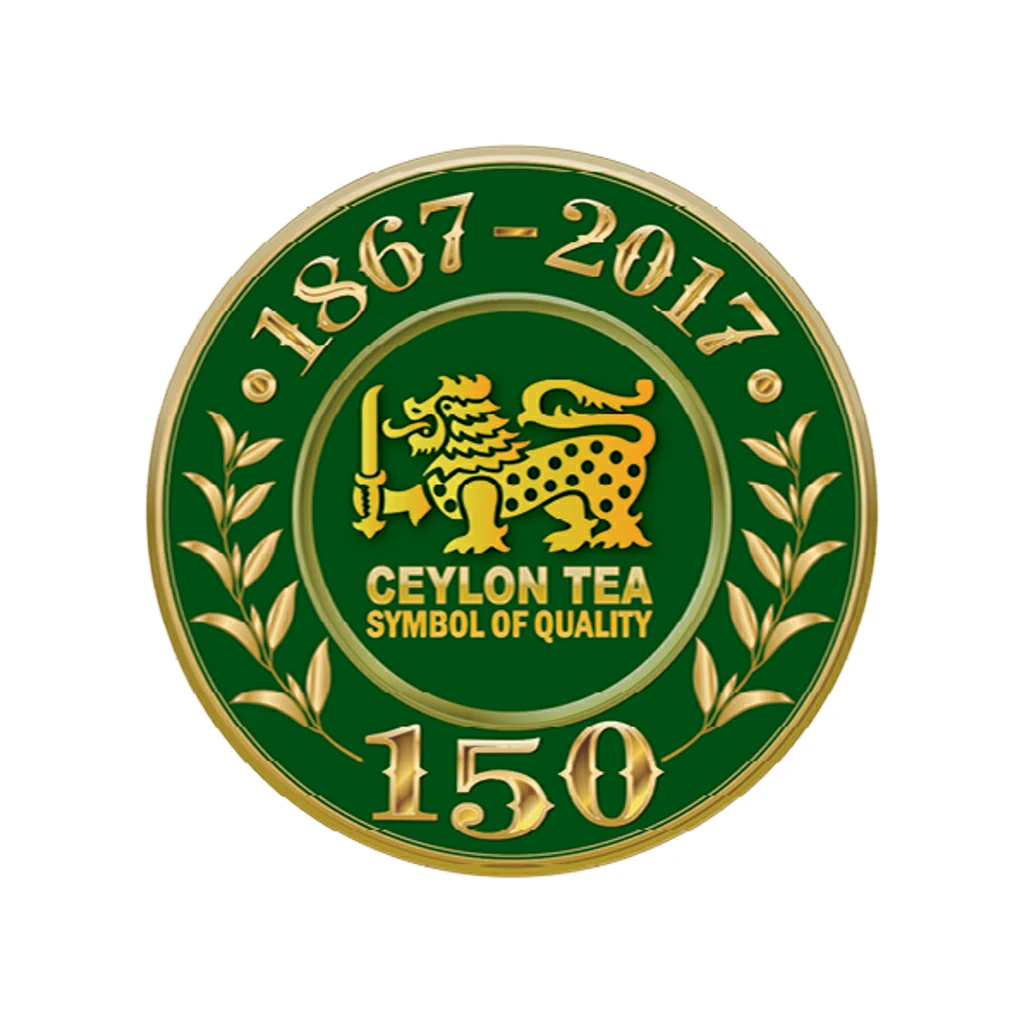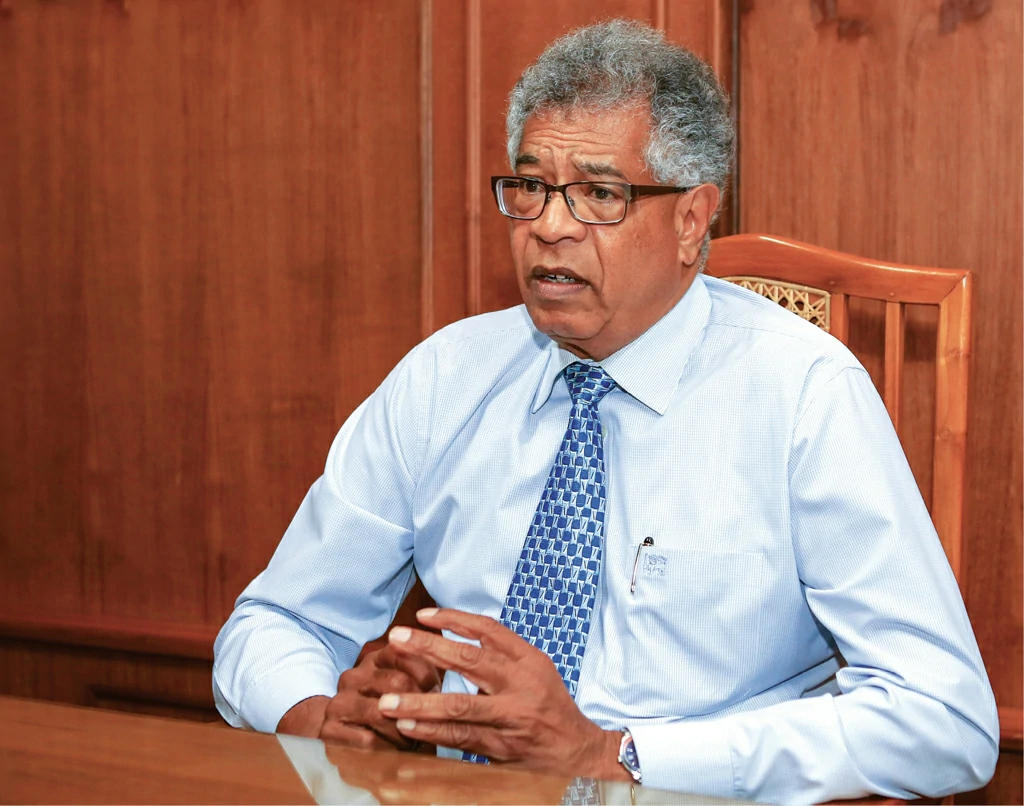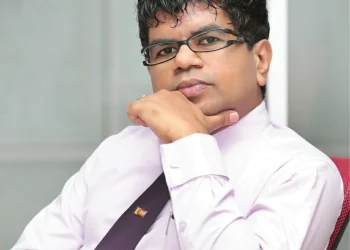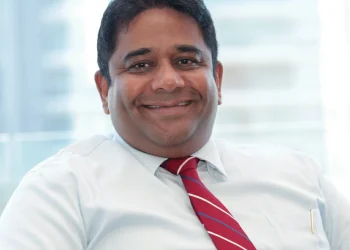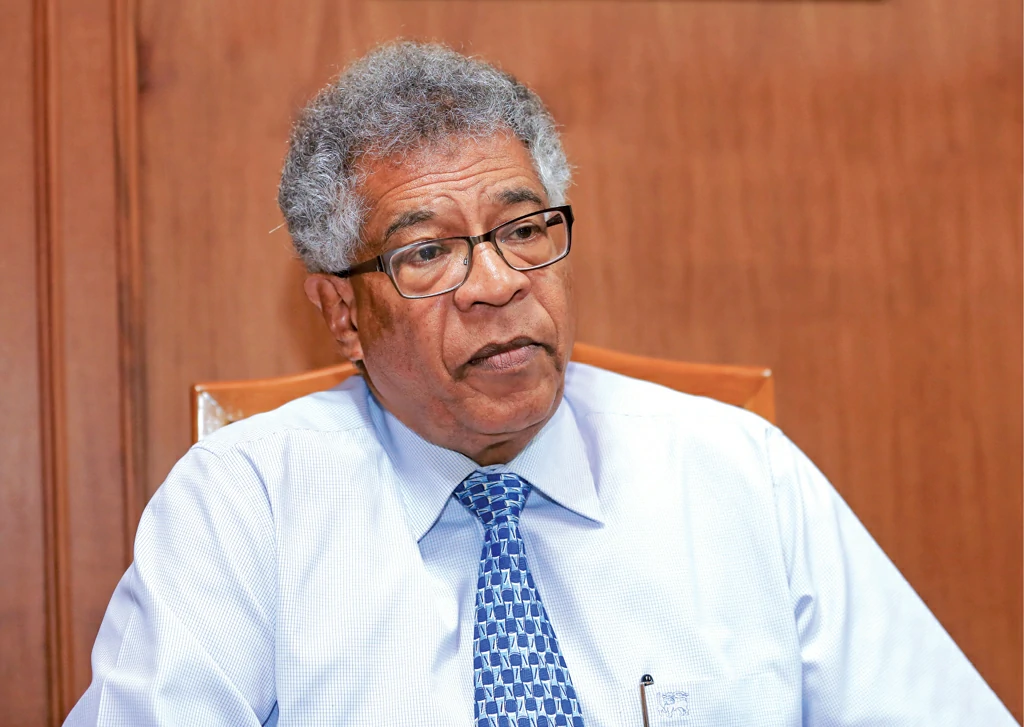
A century and a half after James Taylor introduced Tea as an export crop in Sri Lanka, Ceylon Tea has become the cornerstone of the country’s economy. It is an industry that has weathered many a storm. While celebrating the success stories and pillars of the industry, the milestone of 150 Years of Ceylon Tea is strategically used to propel the industry to the future. Michael De Zoysa, Chair of the organising committee of the International Ceylon Tea Convention speaks about the line-up for the key event that will see a participation of upto 1,500 and other celebrations planned to commemorate this landmark year.
By Keshini de Silva
Photographs Vishwathan Tharmakulasingham
As the Ceylon Tea industry celebrates 150 years, the highlight of the festivities is the Ceylon Tea Convention. Could you tell us about the event?
Before speaking about the International Ceylon Tea Convention this year, we must consider the inaugural convention held in the year 1966. In fact, it was the first international tea convention that was held anywhere in the world. Marking the centenary year milestone of Ceylon Tea, the Convention was held in 1966 as opposed to 1967 with events being held at the Lionel Wendt in Colombo and Grand Hotel in Nuwara Eliya. At Temple Trees, Prime Minister Dudley Senanayake hosted a tea party. Ever since, a key component of the tea convention has been the tea party hosted by the Head of State of Sri Lanka. Subsequent to 1966, the next Tea Convention was held in 1992 to mark 125 year celebrations under the theme “Ready to Drink”. Then President J R Jayewardene was our Chief Guest at the gala dinner and he too hosted a Tea Party. From then onwards, a Tea Convention has been held by the Ceylon Tea Industry every five years, the last one being held in 2012. Since, 1992 I have been the Chairman of all these conventions bar one. It has been a good journey for me as well, as with every convention you have to bring in new thinking that is timely and relevant to the industry.
The 150 Year International Ceylon Tea Convention will therefore cover a range of topics not restricted to tea. Our speaker panel includes 19 foreign speakers hailing from the US, Germany, UK, Italy, Hong Kong, Japan, Canada, France and probably from the Middle East as well. The topics covered will include sustainability, agriculture, organic teas, the competitors such as Coca Cola, Nestle dairy foods and we will even have something on beer.
Who will be speaking and what is the highlight of the programme?
In all of the 44 speakers scheduled for the Convention, 19 will be from overseas. The heritage of tea will be covered by companies such as Twinings. With a history of 300 years Twinings has a legacy like no other company in the world. We will also have presentations on Sri Lankan tea export companies, which began in the 1950s such as the Akbar Brothers and Dilmah. We also have a story from a tea company in Hong Kong, which has been involved in the industry for 95 years.
Touching on the aspect of finances as well as trade and commerce, we will have a presentation from the Governor of the Central Bank and the IMF Resident Representative in Sri Lanka. In addition to a presentation from a leading Sri Lankan bank, there will also be presentations from representatives of the people talking from the Export Development Board and the Department of Commerce.
In The 1960s The Apparel Industry Was Limited To The Spinning And Weaving Mills In Wellawatte And A Few Other Companies. Years Later, They Opened The Industry Allowing People To Import Material Such As Yarn And Thread… If There Was More Freedom, I Feel The Tea Industry Too Could Achieve A Similar Type Of Growth, However There Is Too Much Regulation.
The President of the US Tea Association will deliver a speech and a four-member panel of the Ethical Tea Partnership will make a presentation on the sustainability of Ceylon Tea through to 2030. Other speakers include a representative from the US company Mother Parkers Tea & Coffee, a representative from the tea industry in Kenya – our primary competitor for CTC teas, a representative from the Rainforest Alliance as well as Coca Cola Japan. Krishan Kumar, one of the foremost directors will tell the TATA story to provide the audience the Indian viewpoint.
Technology will be another hot topic that is covered with several presentations focusing on the areas of tea bag machines, filter paper, flavoured teas, flavourings, herbal tea types, blending machines and also colour separators.
The programme will then round up with discussions on the global forces that will have an impact on the Ceylon Tea industry; this includes global warming, terrorism and market preferences. In fact, over the last few years our industry has faced many challenges due to the affect on terrorism in many of our key export markets, especially in the Middle East. These countries that have been quite affected are our largest markets, and they have continued to purchase Ceylon Tea, although to a lesser extent and we have also faced difficulties in obtaining payments on time. One could just imagine the potential for our tea prices if these economies were operating at full strength.
As you can see, we are not just focusing on Ceylon Tea, the Convention will seek to create discourse on many topics including the role of tea in the Sri Lankan economy. After all, if you consider the long history of the Sri Lankan tea industry; it was an industry that uplifted the country after the crash of coffee as an export crop developing to become a cornerstone of our economy. After the 70s other industries have become greater foreign exchange earners, however, tea is probably still one of the top earners for the economy. The tea industry of course has great potential however, the powers that be do not understand it. They do not have the courage to take risks and there are a few in the industry who are quite narrow-minded. The industry must reach out. For example, in the 1960s the apparel industry was limited to the Spinning and Weaving Mills in Wellawatte and a few other companies. Years later, they opened up the industry allowing the people to import material such as yarn and thread; President Premadasa launched his 100 factories programme, and the apparel trade took off. If there was more freedom, I feel the tea industry too could achieve a similar type of growth, however, there is too much regulation.
What are the highlights of the event?
The International Tea Convention will be held from August 8 – 11, 2017, whereas the working sessions will be held from August 9 -11. The opening ceremony is tipped to have an attendance of 1,500 while the working sessions will see participation of 500 – 600. The Gala Dinner will be held on August 10. Every planter retired or otherwise is being invited to attend the opening ceremony on August 9.
On the evening of August 9, the President will host a Tea Party. A beach party will be held at the Mount Lavinia Hotel on the night of August 11 to wrap things up. On August 12, a midday Food and Music Festival will be hosted, while on August 13 a musical recital titled either “With Love from Broadway” or “To Broadway with Love” will be presented. In addition to two foreign singers, Soundarie David Rodrigo will also be performing at the recital.
Our Primary Goal Is To Showcase Ceylon Tea As The Best Tea Available Across The World. We Want Everyone To Know The Opportunities That Are Available In Sri Lanka And We Hope To Encourage New Investors.
The Charity Auction will be held in July and on the same day, we will be launching the Book on Ceylon Tea. Through the finances collected at the auction, we will be funding many community service projects to educate children, assist those in poverty stricken conditions as well as assist Sri Lankan youth. Further, on July 6 there will be a Global Tea Party where, every country with a Sri Lankan diplomatic presence or even tea buyers, will be hosting a tea party at 5pm. We hope to telecast this on a digital platform for all to see. In terms of promotional campaigns, Kumar Sangakkara has lent his stature to promote the convention, Tea Party, Charity Tea Auction and also Food and Music Festival through video clips, which will be screened in every hotel in Sri Lanka. Hotels such as the Hilton, Shangri-La and the Ramada will further screen the clip throughout their chain of hotels.
In April we had a tea auction in Beijing, which saw participation from 65 tea traders. The event included a public auction. Due to the enthusiasm we witnessed at this event, we are expecting at least 100 Chinese delegates, which means we may see an attendance of upto 300 foreign delegates. I therefore urge members of the Sri Lankan industry to register fast.
What does the tea trade hope to achieve through the Convention and other events?
Well our primary goal is to showcase Ceylon Tea as the best tea available across the world. We want everyone to know the opportunities that are available in Sri Lanka and we hope to encourage new investors. This is why there will be presentations from the Central Bank, Sri Lankan bankers focusing on the climate for investment. After all, if you consider countries such as Dubai and Germany, they ship as much tea around the world as we ship out of Colombo. This is because they buy tea from everywhere, add value and export to different markets. Thus, we need to capture that share of the cake. We have the expertise in terms of packaging and tea bagging, however regulations prevent us from capitalising on certain opportunities.
Can you tell us about yourself?
I joined Lipton at the age of 19, back in 1966. I spent 34 years with Lipton starting as a tea taster trainee and finally becoming the Managing Director. My tenure with Lipton includes working in the UK, India, Indonesia, Africa and of course in Colombo. This global experience has helped me understand the industry as a whole and other tea producing economies. I have also been the Chairman of the Colombo Tea Traders’ Association for 15 years. So my life has been blessed by tea, supported by tea, and I still enjoy a cup of tea.
I Have Been A Partner In This Industry For More Than 50 Years. I Have Seen It Grow In Terms Of The Amount Of Tea Produced And Its Growth In The Field Of Value Addition. Yet, Sri Lanka Is Quite Behind When It Comes To Innovation.
Tell us about the organising committee?
Committees I feel keep minutes and often waste minutes. However, in the tea trade, we have a few people who really put their shoulder to the wheel. Anselm Perera, Chairman of the Colombo Tea Traders Association is quite a great source of strength. Anil Cooke, one of the senior brokers, is another. There are others who play cameo roles depending on what is required. Our main committee have ten people in it, and each one has a specific role.
What are your thoughts on the Ceylon Tea industry?
One of the critical elements the industry requires is a advertising campaign, for which there is funds. The Sri Lanka Tea Board has been talking about such a campaign, however we are yet to see any results. The money is merely lying idle. Fortunately, the Minister of Plantations prevented this fund being acquired into the formidable Ministry of Finance.
I have been a partner in this industry for more than 50 years. I have seen it grow in terms of the amount of tea produced and its growth in the field of value addition. Yet, Sri Lanka is quite behind when it comes to innovation. We continue to attempt to sell tea in bulk, whereas we should be selling tea in packets, tins, tea bags, as drinks and as flavours. We should be having tea cafes. We need to get into the way the world is moving. In any other country, every street in the main cities are filled with coffee shops, tea shops, Chinese restaurants and Indian restaurants. We need to have Ceylon Tea shops in every major city.
We must work towards ensuring people to come looking for Ceylon Tea by name just as they do with Chinese Oolong. At present, it is of great importance that we build that brand value for Ceylon Tea.
